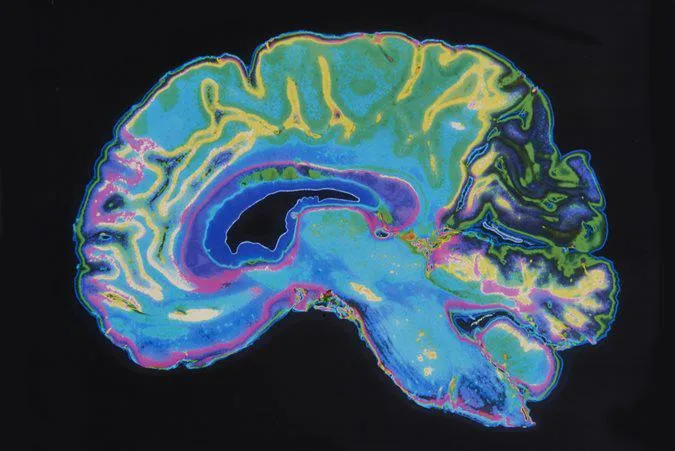The Neurochemical Basis of Antisocial Personality Disorder and Psychopathy
About our research
Violent crime has enormous financial and human costs: 614,400 incidents of violence per year in the UK costing the economy £124 billion. It is mostly committed by men with antisocial personality disorder (ASPD). These men have a stable pattern of violent and antisocial behaviour from childhood. About 1/3 meet additional criteria for ‘psychopathy’: individuals who have abnormal patterns of empathy and fail to respond to treatments. This places great strain on NHS resources, which lack effective treatments for many of these men.
Evidence shows that there are structural and functional differences in the brains of these men, which play a role in their antisocial behaviours. However, knowledge of the underlying brain chemistry (neurochemistry) is limited. Hence, our group is aiming to develop an understanding of the role of different neurochemical systems in ASPD and psychopathy, and how they interact.
Our aim is to provide a scientific basis for further research into potentially effective treatments for these complex conditions, and a better understanding of how they develop and might be prevented.
Our study
Our first study on the neurochemistry of ASPD and psychopathy will examine the role of oxytocin, a neurochemical involved in social behaviour. Research in other people shows that the oxytocin can enhance brain functions such as fear recognition, empathy and learning from reward/punishment, vital processes for healthy social functioning. However, no-one has investigated the effects of oxytocin in ASPD and psychopathy.
In our study we will investigate the effect of oxytocin on ASPD and psychopathy using a range of measures. We will use functional MRI to show how oxytocin, given as a safe nasal spray, effects abnormal brain patterns of emotion recognition and decision-making in these groups.
We will also look at other measures, including neuropsychological tests and structural and resting brain scans. Our study is funded by the Wellcome Trust, a world leader in funding cutting-edge neuroscientific research.
Interested in participating?
We are currently recruiting male volunteers as controls for this study.
Participation involves two MRI scans at the Institute of Psychiatry, Psychology and Neuroscience, on Denmark Hill, Camberwell. It also involves a meeting with a trained mental health professional (psychiatrist or psychologist) and completing some questionnaires.
We are looking for adults who do not have a major mental illness, and who ideally are not using illicit drugs at present. We are also looking to recruit adolescents (12 and upwards) for another part of the study. Their parent-guardian will be asked to attend meetings involved.
Volunteers will be reimbursed for their involvement and will also receive a certificate of participation from Kings College London and a series of images from their scanning session. If you are interested or know of anyone who would be, please contact john.tully@kcl.ac.uk.

